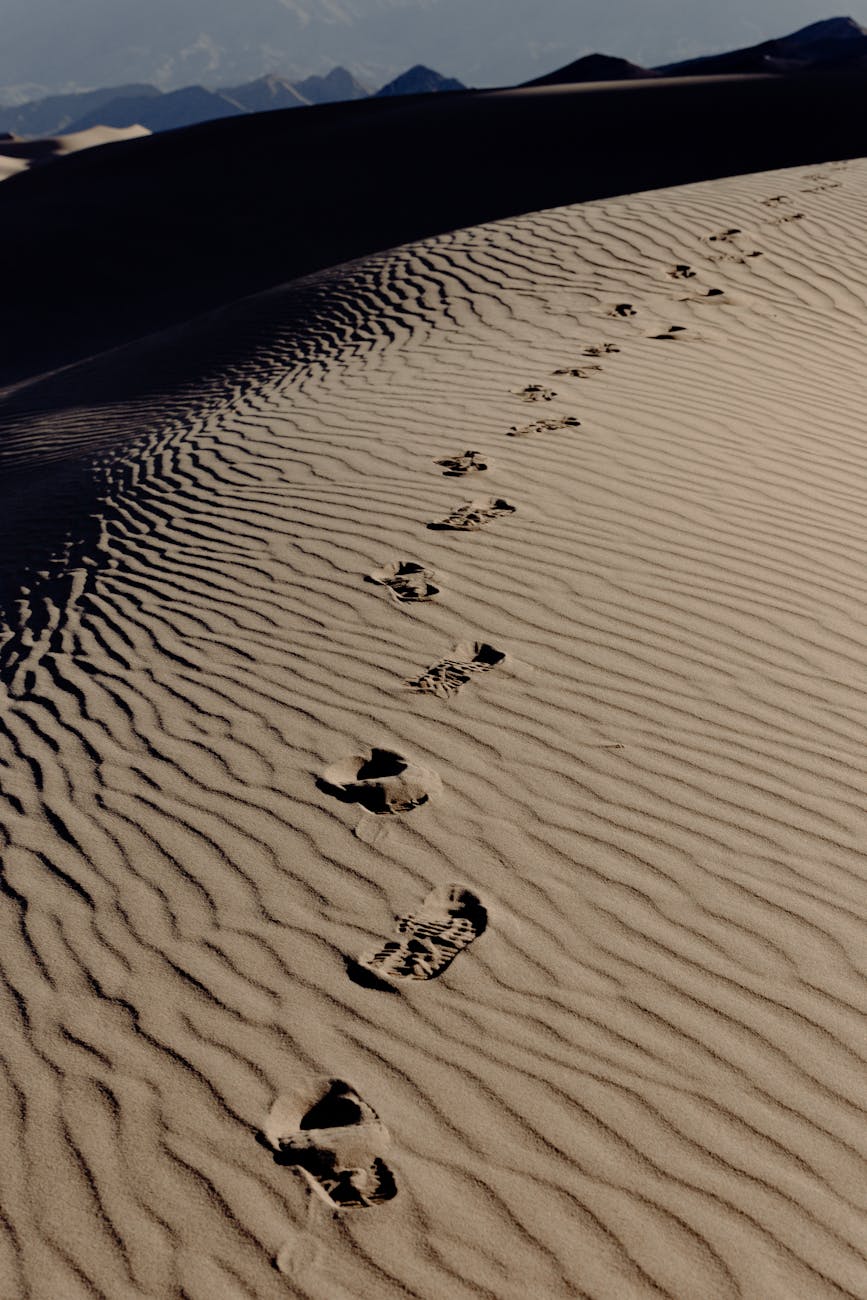I preached this sermon on Sunday, April 28, 2024 at St. Anne Episcopal Church, West Chester, OH. The lectionary text cited is Acts 8:26-40.
This may sound odd, but every so often, it’s good to feel like a stranger.
Most of us tend to build our lives in pursuit of familiarity and predictability. We establish relationships and routines and structures that allow us to feel safe and known wherever we go.
But especially if we have been in a place for a long while, and we have become very comfortable and familiar with the people around us, every so often it’s good to feel like a stranger—to remember what a humbling experience it can be, how vulnerable it is, standing at the edge of a room and hoping that someone will be kind enough to take notice of us.
I experienced this one afternoon last August shortly after I came to Ohio. Not at Saint Anne, mind you—my role here meant that I felt known and seen here from day one. But a few weeks after I started, I decided to go down into Cincinnati to attend an open house event for a nonprofit organization that has no connection to the church.
I was interested in learning more about their work and thought it would be good to go and check it out. I went by myself, and as soon as I showed up, a feeling hit me that I hadn’t felt in a very long time: that feeling I used to have on the first day of school after moving to a new town. The slightly awkward feeling when you walk into a place where everyone else seems to know each other and you are just sort of standing there looking for a way in, feeling like you have a big blinking sign around your neck that says “stranger.”
Now, maybe some of you are life-of the-party types who can easily walk into a room and make 5 friends immediately. If so, I am in awe of you, because while I love people, and I love learning about people and connecting with people, I am also, somewhere buried underneath all of these vestments, still carrying with me a bit of that quiet kid on the first day of school. I used to think this was a bad thing, a weakness on my part, but I don’t anymore.
Because every so often, it’s good to feel like a stranger. It’s good because it reminds me to look for and have compassion for those people brave enough to show up in a new space, to try a new thing, to go it alone when they must.
And my own moments of feeling this way have, I pray, helped me stay mindful of the people who stand at the edges of those rooms in which I am very comfortable and confident. This is, I think, a spiritual practice we should all work at: looking for the strangers in our midst, and welcoming them, and even, sometimes, daring to go out and be a stranger ourselves.
Especially because in so many of our Scriptural stories, we discover that God loves a stranger, and that often God shows up as a stranger, too.
Consider this morning’s reading from Acts. Consider this man who is a eunuch—one who lives his entire life in an ambiguous posture. On one hand, he is a man who cannot have children or engage in traditional male gender norms, and so he is deemed a non-threatening and useful servant for a royal household, which affords him some privilege and comfort.
On the other hand, he is a person who stands at the periphery of every room he enters—a stranger in his own culture, and a stranger, too, in Jerusalem, where he has just traveled to worship at the Temple. The Israelites, you see, had long excluded eunuchs from their assembly, as recorded in the book of Deuteronomy.
So I was thinking this week about this man who was a eunuch.
I imagined him arriving in Jerusalem in his royal chariot alone, and for all his finery, feeling like a kid on the first day of school: looking for a kind face somewhere in the crowd, wondering if this God who had called him to a new place would place a welcoming figure in his path.
I imagined him standing in the firelight of a courtyard in the cool night, watching families eat and laugh and pray and gather–families he would never be part of, families who did not see him standing there waiting, hoping for an invitation to pull up a seat, to join in, to be known.
And then I thought of him traveling back to Ethiopia on the wilderness road, reading the scroll of Isaiah, maybe with tears in his eyes, seeing his own life staring back at him on the page: “like a lamb silent before its shearer, he does not open his mouth. In his humiliation justice was denied him.”
And as he read, asking himself—How did Isaiah know? How did this prophet know exactly how I have felt every day of my life, quiet and humiliated and unsure? And what is on the other side of this, this feeling perpetually like a stranger in my own life, standing at the edge of my own existence?
But God loves a stranger. So wouldn’t you know, there is Philip by the side of the road.
God suddenly shows up, in the form of another stranger, with good news of the Son of God who was, himself, a stranger to his own people; and who ventured into the gates of death as a solitary stranger bearing his cross, pierced with nails; and who emerged back from death as a stranger pierced with light, offering a new type of belonging for anyone and everyone who has ever felt alone in this world.
So yes, it is good, once in a while, to be a stranger–to feel your heart tremble with the longing to be a part of something, to stand awkwardly, looking for kindness in the eyes of those whom you do not know.
It is good to do this because, what we must realize is that God is doing this every day in our midst—God is showing up at the margins, in those who feel excluded and uncertain, in the guests brave enough to enter through the doors of our church for the first time or after a very long time. God is standing just outside the firelight in the cool night, watching us eat and laugh and pray and hoping that we will welcome him in every form he takes. That we will invite God to pull up a seat, to join in, to be known.
God is in the eunuchs and in all the people of our own time and place who do not know where they fit in—the people who love differently, who express their gender identity differently, the ones who come from different backgrounds, the ones who have done things they regret, the ones who aren’t sure what they believe, the ones who don’t believe in themselves, and the ones who have lost everything and yet still long to be part of something.
And if we do nothing else here, I hope we will look for them. I hope we will not just say hello to them when they come to worship, but that we will then ask them to pull up a seat at coffee hour, or take them to lunch. That we will go out into the community and look for them and find ways to remind them that they are not alone, that we are all in this together.
And, once in a while, I hope that we will become them, too—that we will venture into those new places where we are the stranger, to let our hearts be pierced by vulnerability, knowing that when we do so, we might be the face of God for the ones kind enough to notice us.
…
After his impromptu baptism, all we know about the man who was a eunuch is that he went on his way rejoicing. Rejoicing because he knew, now, that God saw and loved him. Rejoicing because, perhaps for the first time in his whole life, he was seen as something more than a stranger.
Rejoicing because now he knew that the very things that had made him feel different and excluded and less-than were now, precisely, the things that God would use in him to help others. Rejoicing because now it was his turn to go and find those at the periphery, to build his own fires in the cool night, and to say, I know what it feels like to be alone. Come closer. You are welcome here. You belong here.
For the great mystery of God’s love is this: sometimes it is good to feel like a stranger, if only to look into each other’s eyes and realize that, in truth, none of us actually are.


